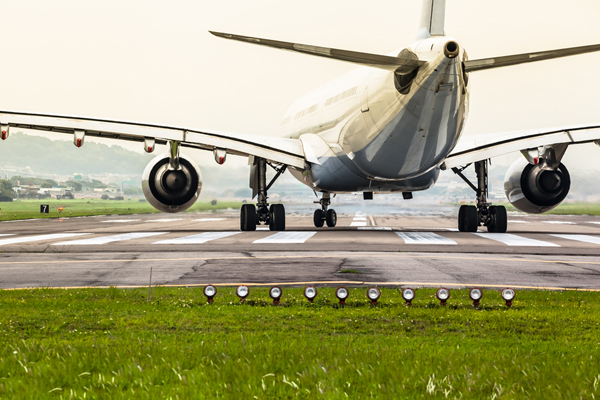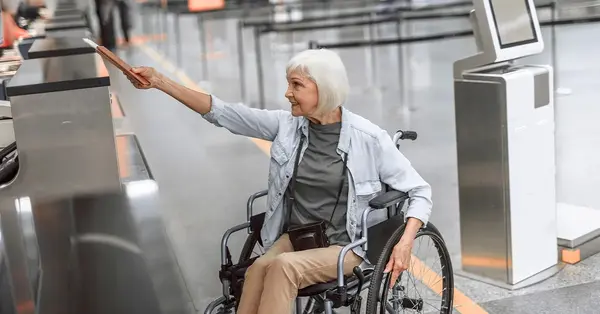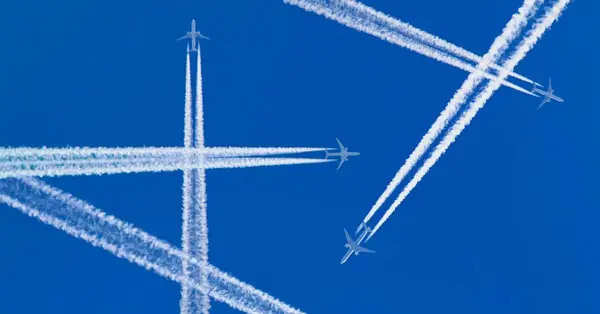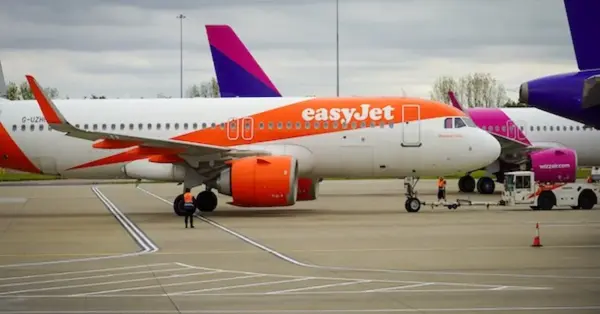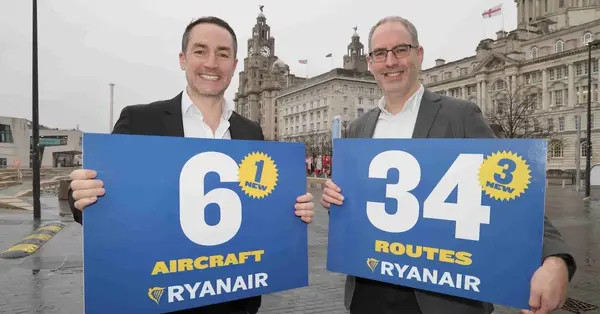You are viewing 2 of your 2 free articles
Airlines face ‘zombie’ debt risk amid continuing shutdown
Airlines face increasing difficulties servicing the levels of debt they have taken on to survive the pandemic, according to a leading consultant on restructuring.
Deloitte partner David Gard told a Travel Weekly Insight Report launch event: “The level of debt is now very high.
“[Aircraft] sale and leaseback deals have increased airline debt. The effective interest rate on [aircraft] lease rates is a lot more expensive.
“Airlines have accepted government borrowing, they’ve accessed extra debt. They need to service that debt before they can invest. At the moment, we have historically low yields on debt. But airlines’ ability to access cheap debt has become more challenging because the community [the aviation sector] is becoming more risky.”
Gard described the financing of Virgin Atlantic’s rescue as involving “significantly more expensive debt”.
Virgin Atlantic had to find private investors after the UK government rejected a request for a £500 million loan and credit guarantee in April. The carrier confirmed a court-backed rescue deal in July with a private refinancing package worth £1.2 billion.
The danger is that the debt becomes unsustainable and “a company becomes a zombie”, he said, explaining: “It doesn’t have the ability to grow because it’s spending too much on servicing the debt.”
Gard said: “For many airlines, there is going to have to be an adjustment between debt and equity. Airlines are either going to have to go after equity [issue shares] to contribute money or ask for some debt to transfer to equity.”
Norwegian Air has led the way in debt-for-equity swaps, ceding control of the airline to its creditors – chiefly aircraft lessors and bondholders – in May.
But in December Norwegian Air sought a second debt-for-equity swap after entering bankruptcy protection in Ireland and Norway.
The carrier was refused additional state aid by the Norwegian government after burning through the NOK3 billion (£240 million) it was awarded in May to maintain services in Norway.

